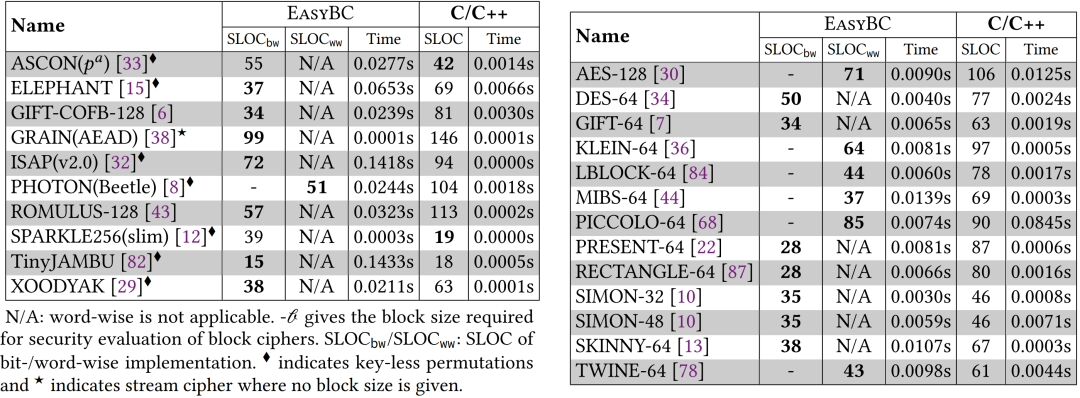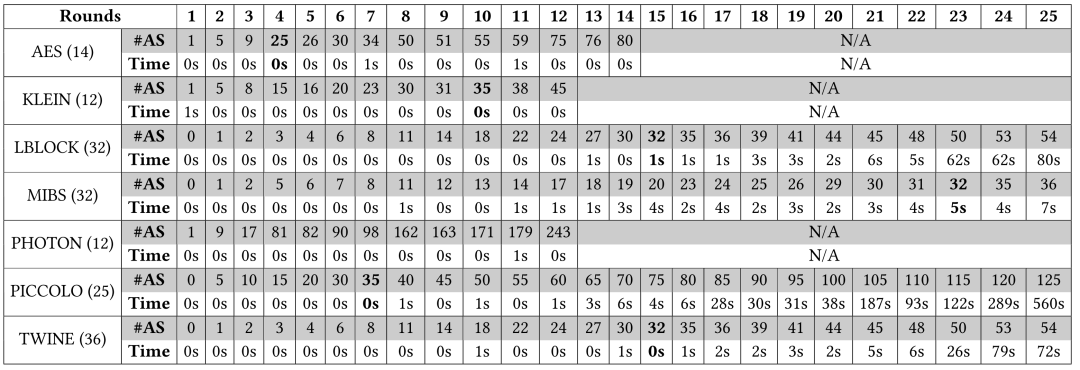

According to news from this website on November 20, according to the official public account of the Institute of Software, Chinese Academy of Sciences, recently, the Trusted Intelligent System Research Team of the Institute of Software, Chinese Academy of Sciences performed a differential analysis on the group encryption algorithm. Some progress has been made in cryptanalysis.
It is reported that the working team designed a domain programming language EasyBC for block encryption algorithms. On this basis, it proposed a universal and scalable differential cryptanalysis method and developed a fully automatic analysis tool platform EasyBC.

▲EasyBC platform flow chart, picture source official public account of the Institute of Software, Chinese Academy of Sciences
According to the information disclosed by the Institute of Software, Chinese Academy of Sciences, we learned that this The research results have been accepted by POPL 2024, the top international conference on programming languages, and are titled "EasyBC: A cryptography-specific language for differential cryptanalysis". The corresponding author of the study is researcher Song Fu from the State Key Laboratory of Computer Science of the Institute of Software.
It is reported that the block cipher algorithm (block cipher) divides the plaintext into multiple equal-length modules (blocks). Use symmetric keys to encrypt or decrypt each group separately, which is widely used in many fields such as email encryption and bank transaction transfer.
As an extremely important component of the encryption protocol, the mainstream block encryption algorithms include SM1, SM4 and SM7 promulgated by the State Cryptographic Administration of China, and the standard algorithms AES and 3DES approved by the US government. Differential cryptanalysis plays a core role in evaluating the security of block encryption algorithms and is an indispensable security analysis method for standardized block encryption algorithmsCurrently existing differential cryptanalysis methods are There are certain deficiencies in terms of versatility and automation. At the same time, the complexity of the modeling process requires users to be familiar with a large number of modeling methods and the application of underlying analysis tools. In order to solve the above problems, the research team developed EasyBC, a high-level programming language specifically used for cryptography. This language provides complete formal definitions of syntax, types and semantics for the security of block encryption algorithms. Automated analysis provides a good foundation. In addition, the research team also proposed three differential cryptanalysis methods with different analysis accuracy and performance. These methods not only unify and optimize the existing modeling methods of various encryption operations, but also propose a variety of new modeling methods

The above is the detailed content of Chinese Academy of Sciences makes progress on block cipher algorithms in differential cryptanalysis. For more information, please follow other related articles on the PHP Chinese website!
 What are the programming languages?
What are the programming languages?
 How to convert html to txt text format
How to convert html to txt text format
 What programming language is c language?
What programming language is c language?
 How to solve 504 gateway timeout
How to solve 504 gateway timeout
 What are the 8 data types of redis
What are the 8 data types of redis
 The difference between anchoring and aiming
The difference between anchoring and aiming
 How to convert html files to pdf files
How to convert html files to pdf files
 What does a file extension usually mean?
What does a file extension usually mean?




